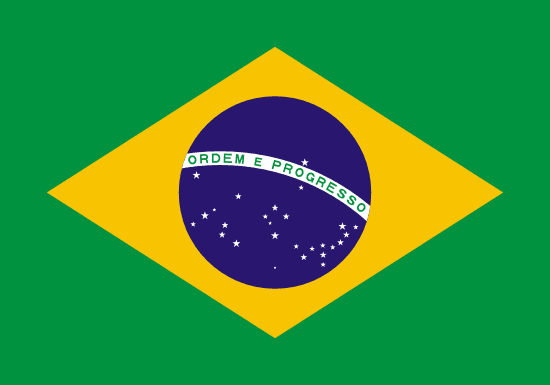"Smile, você está na Bahia! | Smile, you're in Bahia!"
About:
Bahia, a state in northeastern Brazil, was founded in 1500 by Portuguese explorers led by Pedro Álvares Cabral. Bahia became a hub for the sugar industry and African slave trade during the colonial era. It gained prominence in the 19th century as a center for Brazilian independence movements. Post-independence, Bahia experienced economic challenges but has since diversified its economy, focusing on tourism and industry. Today, Bahia is known for its rich Afro-Brazilian culture, music, and cuisine.
When to visit:
Bahia, located in northeastern Brazil, is a region known for its vibrant culture, beautiful beaches, and rich history. The best time to visit Bahia on a holiday is during the dry season, which typically runs from September to March. This period offers sunny weather, ideal for exploring the region's outdoor attractions and enjoying its lively festivals. However, travelers should be aware that Bahia can get crowded during peak tourist season, so it's advisable to book accommodations and activities in advance to ensure a smooth and enjoyable holiday experience.
When to avoid:
The worst time to travel to Bahia, Brazil on a holiday is during the rainy season, which typically occurs from April to June. During this time, heavy rainfall can lead to flooding, transportation disruptions, and limited outdoor activities. Additionally, the humidity levels are high, making it uncomfortable for travelers to explore the region. To avoid potential travel challenges and fully enjoy your holiday in Bahia, it is recommended to plan your trip during the dry season from September to March.
"Wet Season (May–Oct)"
In Bahia, Brazil, the wettest period is from April to July. Average temperatures range from 22-27°C (72-81°F) during these months, with rainfall peaking in June at about 20cm. Despite the rain, humidity levels remain high, often exceeding 80%. Sunlight is less abundant due to increased cloud cover, with an average of 4-6 hours of sunshine per day. An average day for a visitor might start with a brief period of morning sun, followed by cloudy skies and intermittent rain showers, particularly in the afternoon and evening.
Autumn (April–June)
Autumn (April–June)
Language:
In Bahia, Brazil, the most commonly spoken language is Portuguese, as it is the official and national language of the country. However, due to historical and cultural influences, a significant number of people also speak or understand Spanish. Additionally, indigenous languages such as Tupy-Guarani are spoken by some communities, and English is understood in tourist areas.




